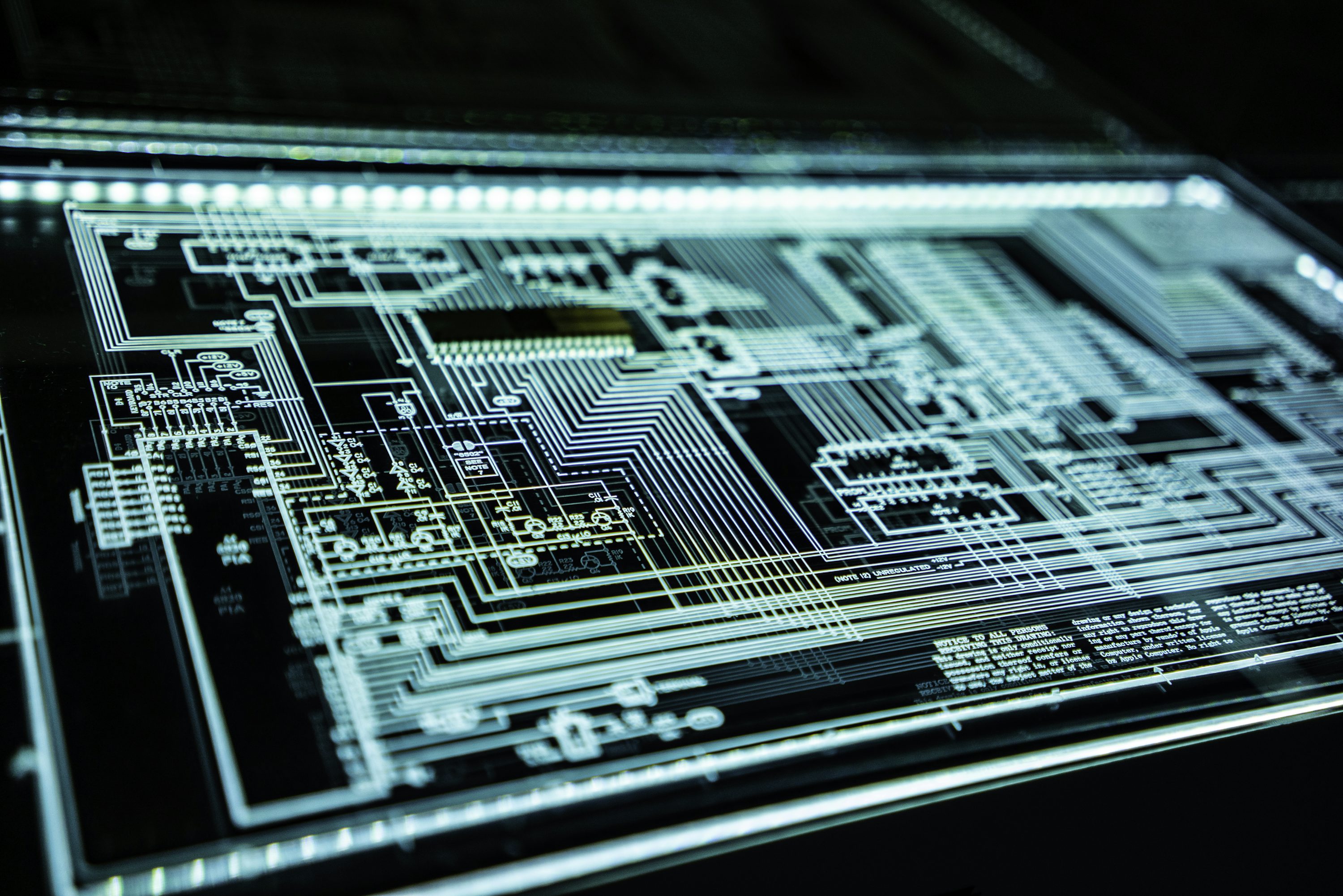
Digital technology is quietly infiltrating the field of psychological services, bringing new intervention models. This type of intelligent system combines instant response and continuous companionship, gradually changing the traditional pattern of mental health services. Its development not only demonstrates technological innovation advantages, but also triggers many ethical controversies.
Technological innovation reshapes service models
The application of intelligent interactive systems in psychological services is becoming increasingly widespread. Through semantic parsing and emotion recognition technology, such systems can respond to user demands in real-time and provide customized guidance solutions. Its service model breaks through the limitations of time and space, achieving 24/7 accessibility, especially playing an important complementary role in providing mental health services in resource scarce areas.
The current technological development presents two paths: structured intervention systems focus on cognitive reconstruction, guiding users to adjust their thinking patterns through pre-set processes; Dialogue based systems focus on emotional resonance and use generative techniques to simulate empathetic interactions. The former emphasizes treatment standardization, while the latter focuses on experiential affinity, forming a complementary service ecosystem.
Ethical controversies accompany technological development
The boundary issue of technology application has attracted attention from the academic community. Some systems simulate human emotional expression during the interaction process, and this anthropomorphic design may have potential impacts on user cognition. The research team pointed out that overly realistic human-computer interaction may blur the boundaries of treatment, leading to emotional dependence or cognitive confusion among users.

The construction of industry standards is facing challenges. Some service platforms have conceptual confusion in their promotion, packaging basic emotional counseling functions as professional treatment services. This marketing strategy may mislead seekers and delay the treatment that truly requires professional intervention. The International Alliance for Mental Health has begun to develop technical application standards, clarifying the functional positioning of auxiliary tools and medical services.
Technical limitations and professional value
The actual effectiveness of intelligent systems has objective limitations. Academic research has pointed out that current technology can only achieve surface level emotional comfort and is difficult to address deep psychological issues. The diagnosis and treatment of complex psychological disorders still rely on the clinical experience and comprehensive judgment of professional physicians. The programmatic response mode of the system cannot replace the subtle emotional interactions in therapeutic relationships.
In terms of non-verbal information recognition, there are still significant shortcomings in technological means. The nonverbal information such as facial micro expressions and body language of humans is still an area that intelligent systems find difficult to fully capture. This leads to the irreplaceability of manual judgment in critical scenarios such as crisis intervention.

Industry Development and Future Directions
Technological innovation and professional healthcare are moving towards deep integration. Frontier research attempts to position intelligent systems as auxiliary screening and continuous monitoring, providing dynamic data support for professional treatment by establishing a baseline model of user emotions. This collaborative model can leverage technological advantages while ensuring the professionalism of medical decision-making.
The industry regulatory system is gradually improving. Health departments in multiple countries are working to establish a technical certification mechanism, requiring mental health intelligent systems to clearly label their functional scope and service levels. At the same time, strengthen the transparency review of algorithms to prevent ethical risks caused by technological abuse.
The talent cultivation system is undergoing synchronous reform. Medical colleges have begun to add digital healthcare courses, focusing on cultivating physicians' technical application abilities and information recognition awareness. This composite talent reserve will become a key force in balancing technological innovation and professional value.
In the collision of digital technology and humanistic care, all parties in the industry are seeking a balance point. The development of intelligent systems should not replace professional healthcare, but should become an effective tool for improving service accessibility. Only by adhering to the core value of putting people first can technological innovation truly serve human mental health and well-being.



